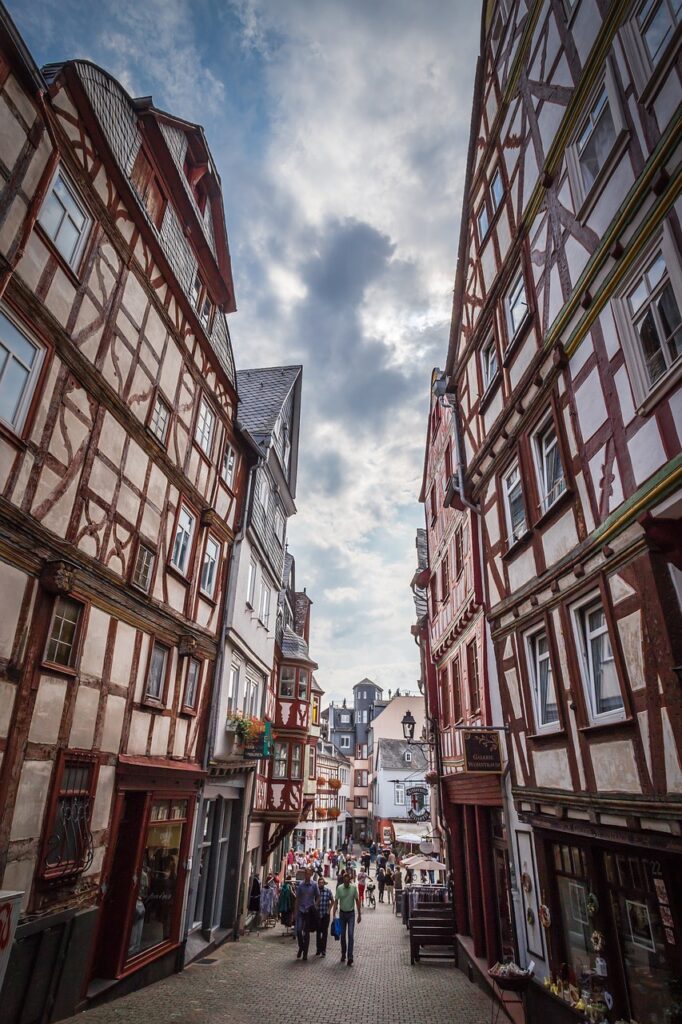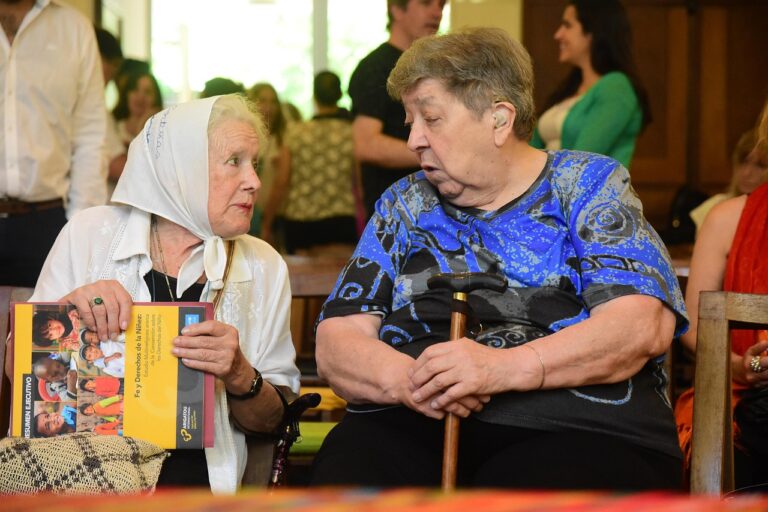One of the most exciting moments in genealogy is discovering the exact village or town where your ancestors lived. It’s like finding a missing piece of a puzzle. Over the years, I’ve helped countless people trace their roots back to small villages in Europe, Asia, Africa, and beyond.
Here’s how you can do it too:
Start with what you know. Talk to older relatives and gather any documents, like birth certificates, marriage records, or old letters. These often contain clues about where your ancestors came from. For example, a death certificate might list a birthplace, or an old letter might mention a village name.

Next, dig into records. Census records, passenger lists, and naturalization papers are great places to look.
Many of these documents include specific places of origin. If your ancestors immigrated, ship manifests often list their last residence.
Once you have a general idea of the region, it’s time to narrow it down. Local church records, land deeds, and tax rolls can help pinpoint the exact village.
Many European countries have digitized their records, making it easier to search online.
Websites like FamilySearch and Ancestry.com are great resources, but don’t overlook local archives and libraries.
If you’re lucky enough to find the name of a village, the real fun begins. Research its history and culture. What was life like there when your ancestors lived? Were they farmers, merchants, or craftsmen? Understanding the village’s history can bring your ancestors’ stories to life.
I’ll never forget the time I helped a client trace her family back to a tiny village in Poland. She visited the village and found the church where her great-grandparents were married. Standing in the same spot where her ancestors once stood was a powerful experience for her.
Uncovering your ancestral village takes time and patience, but it’s worth the effort. It’s a chance to connect with your roots and walk in the footsteps of those who came before you.




